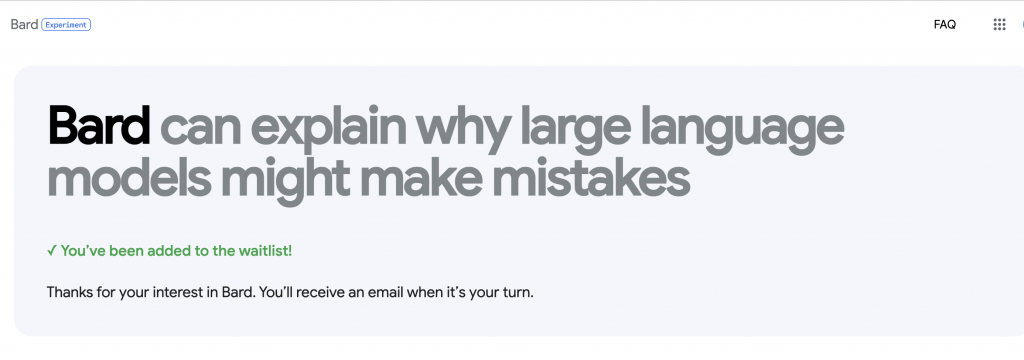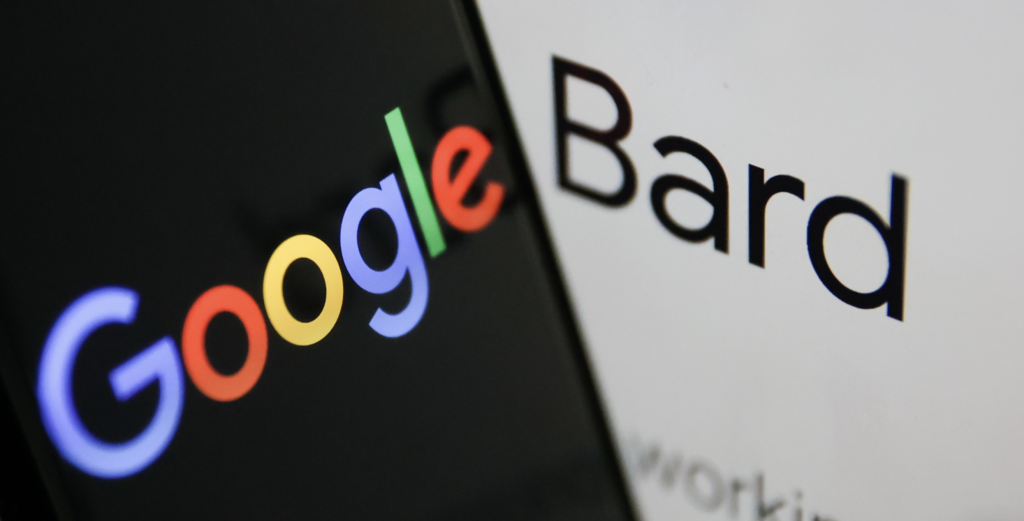
Google has announced the public release of its generative AI chatbot, Bard, in a gradual rollout to users in the U.S. and U.K. starting Tuesday. Powered by a lightweight and optimized version of LaMDA, Google Bard will be available online and as a mobile app. Users can employ Bard for idea generation, research (in conjunction with Google Search), and drafting initial versions of letters, invites, or proposals. The release follows Google’s integration of generative AI features across its Workspace productivity suite.
You can sign up for the Bard waitlist here.
Eli Collins, VP of Product at Google Research, told Fast Company that the company has been working on language models since 2015 and is now ready to release Bard to the public. The decision to launch Bard was influenced by the success of OpenAI’s ChatGPT. Google aims to learn more about Bard’s performance from users outside the company.
Google Bard is “an experiment”
During a demo, Collins showcased Bard’s ability to generate ideas, like organizing a bowling party for his son. Though Google emphasizes that Bard is an “experiment” and may make factual errors or display inaccurate information, it can also be used for creative tasks like writing poems or stories.
The experiment branding carries over on the waitlist email (which also contains a very underwhelming poem from a service calling itself Bard):

Bard has certain limitations, such as a restricted number of back-and-forths per conversation, and Google is actively monitoring the bot to moderate inappropriate content. The company plans to refine and update the chatbot by using user feedback and releasing newer, more capable models over time.




Pingback: How To Mashup Your Favorite Emojis with Google's Fun 'Emoji Kitchen' – THE DEPT OF NEXT